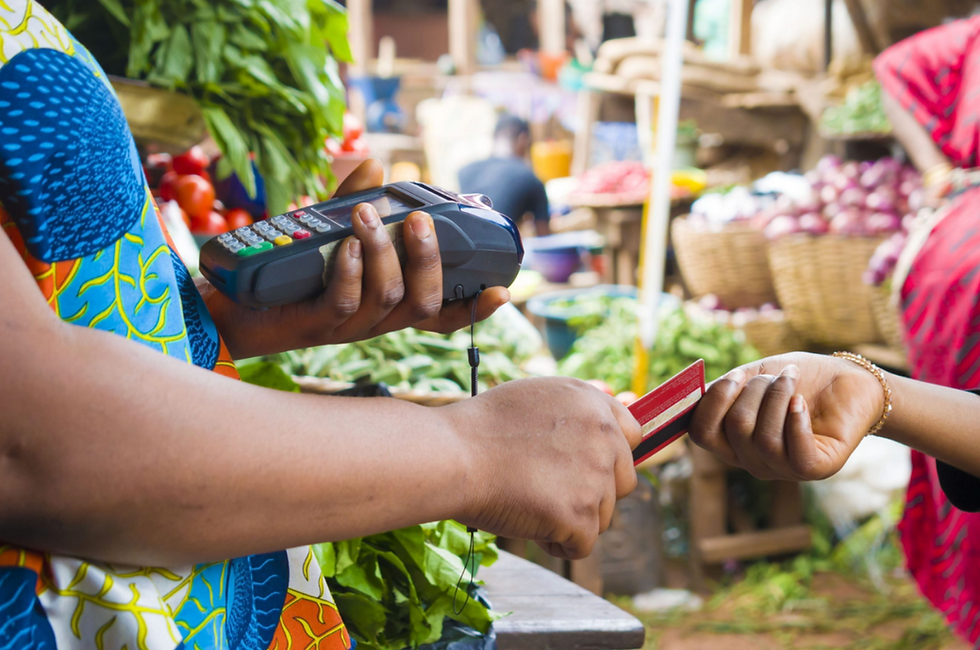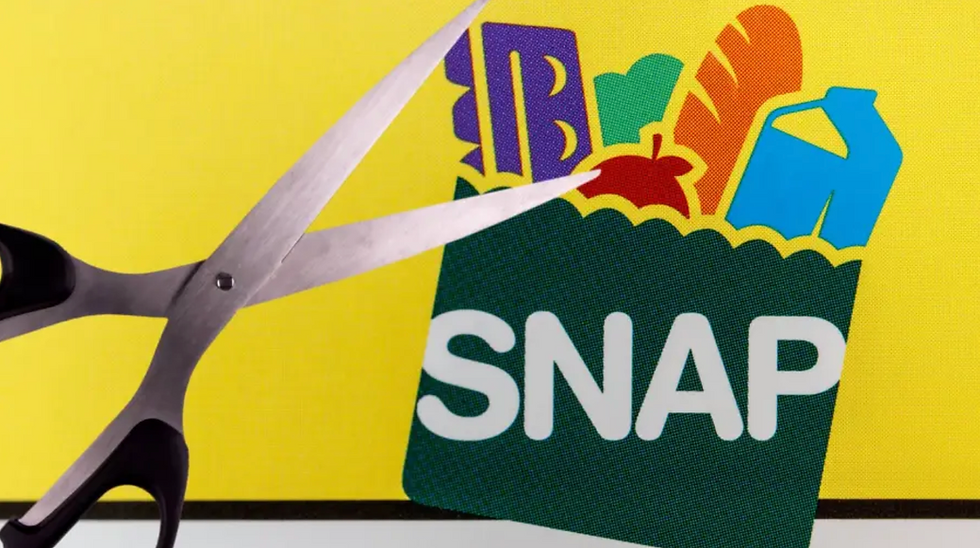A Reflection on the Community Food Systems Conference in Portland, Oregon - June 22-24, 2025
- Photini Kamvisseli Saurez
- Jul 8, 2025
- 4 min read
Updated: Sep 9, 2025
July 8, 2025
By Daniel Chian, National Right to Food CoP Summer Intern, Oberlin College

This June, I had the privilege of attending the Institute for Social and Economic Development (ISED) Solutions’ Community Food Systems Conference in Portland, Oregon. Titled “Resilience and Resistance: Cross-Pollinating Food Movements,” the conference hosted almost 700 passionate voices in the world of food and food justice. Over the course of three days, I learned an incredible amount, and I’m excited to share some of those lessons here.
It’s definitely safe to say this was a weekend of firsts, including my first professional conference, my first trip to Portland, and my first time attending a roller derby! Typically, in new environments like these, I find myself a bit stunned. However, with so little time and surrounded by so many stories, I knew I had to try my best to soak it all in. I had a rainy arrival on Saturday, complemented by a trip to Powell’s City of Books and some seriously delicious Thai stewed pork leg. But the learning really kicked off with the meeting of our 2025 Inaugural Right to Food Learning and Action Fellows on Sunday. I don’t want to give too much away, as I’ll be interviewing each of the Fellows individually and releasing a profile of them on our blog, but I just have to mention how deeply inspired I am by the knowledge and energy present in that room and that group. Throughout the day, we engaged in activities exploring our communication styles, breaking down each of the Fellows’ work, and learning about the Right to Food framework. Even in such a brief amount of time, it became apparent that I was surrounded by skilled, motivated people, deeply ingrained in and committed to their communities.

That night, we attended the conference’s first reception. While all eyes were on the roller derby before us, I couldn’t help but notice the moments of reunion taking place. All around us, coworkers and old friends were greeting each other joyfully; conversations ranged from small talk about the flight in, to updates on personal life, even to discussions about the state of their work. The crowd spanned generations, and as people hurried to the shuttle buses, ready to rest and prepare for the first day of workshops, I felt incredibly grateful to be there. And then I met Malik Yakini.

While I will refrain from using the word “fan,” I was certainly a bit stunned by Malik’s presence. In my sophomore year at Oberlin, I took a class titled Food and Social Justice. My instructor, Professor Dinah George, is from Detroit and made sure we were very familiar with the city’s Black cooperative ecosystem. As part of this unit, I watched several of Malik’s lectures, which made seeing and speaking with him both a bit shocking and incredibly affirming. I think that many students feel removed from the actual people they read about and learn from in college classes. Learning from an active trailblazer of this field in the classroom, and then seeing him in real life, released a real spark in me, which I feel is all too rare in a lot of education today. Those emotions carried into a crescendo of inspiration the next morning while hearing Malik and the equally legendary eco-feminist Rosalinda Guillen, founder of Community to Community, speak at the opening plenary.
Between that talk – the organizers’ declaration of what moves them – and my first workshop on community land ownership, I began forming an idea of food as a nexus issue. Everyone I heard from and was surrounded by had different origins, fields of expertise, and motivations bringing them to the table. People concerned about migrant justice and environmental protection, working in farming, real estate, or policy research, all found themselves in these rooms brainstorming and sharing with each other. Much like in our meeting with the Fellows, people told their stories and explained their strategies, this time in rooms of up to 650 people.
This energy built throughout the conference, and I consumed plenty of delicious, free coffee to keep up. Through more workshops and introductions, my internal map of the food “world” grew rapidly. This idea would later be part of the closing remarks, but I thought a lot about how impressive it was that all of these people across the nation and around the world are devoting their time and effort to creating better food systems. At the same time, I considered how vital spaces like these are for coordination and creating harmony within this movement. I find the idea of cross-pollination to be the perfect analogy for an event like this. In every room I was in, it was impossible to learn without sharing, exchange was written into every exercise. As Indigenous farmer Rowen White talked about seedkeeping and the idea of “borrowing from the next generation,” I thought about all the wonderful people my age who want to do this work. I began to wonder what I could bring back for them and how we could start building community amongst ourselves now.
I feel quite lucky to have attended this conference. It has infused me with a drive to continue working and learning and affirmed my passion for food work. Now, two weeks later, I’m wondering how this momentum can be preserved and encouraged. With so many people in attendance, I’m sure there are more connections to be made and more lessons to share. Let’s do it again!



